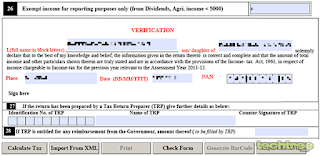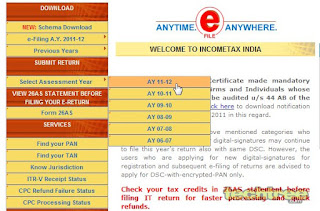INCOME-TAX ACT
CIRCULAR
Section 10(23C)(iv) of the Income-tax Act, 1961 – Exemptions – Charitable or religious trusts/institutions –Clarification regarding period of validity of approvals issued under section 10(23C)(iv), (v), (vi) or (via) and section 80G(5) of the Income-tax Act
Circular No. 7/2010 [F.No.197/21/2010-ITA-I], Dated 27-10-2010
The Board has received various references from the field formations as well as members of public about the period of validity of approvals granted by the Chief Commissioners of Income Tax or Directors General of Income Tax under sub-clauses (iv), (v), (vi) and (via) of Section 10(23C) and by the Commissioners of Income Tax or Directors of Income Tax under Section 80G (5) of the Income Tax Act, 1961.
2. It has also been noticed by the Board that different field authorities are interpreting the provisions relating to the period of validity of the above approvals in a different manner. The following instructions are accordingly issued for the removal of doubts about the period of validity of various approvals referred to above.
3. Sub-Clauses (iv) and (v) of Section 10(23C) were amended by Taxation Laws (Amendment) Act, 2006 by insertion of the following proviso to that clause:-
“Provided also that any (notification issued by the Central Government under sub-clause (iv) or sub-clause (v), before the date on which the Taxation Laws (Amendment) Bill, 2006 receives the assent of the President, shall at any one time, have effect for such assessment year or years, not exceeding three assessment years) (including an assessment year or years commencing before the date on which such notification is issued) as may be specified in the notification.”
The intention behind the insertion of the above proviso was laid out in the relevant portion of the explanatory notes to the Taxation Laws Amendment Act, 2006 which reads as under:
“A need has been felt to dispense with the requirement of periodic renewal of notifications. The requirement of periodic renewal of notifications has been resulting in delays in their renewal.
5.2 In order to overcome delays, the eighth proviso to section 10(23C) has been amended so as to provide that the above mentioned limit of effectivity for three assessment years shall be applicable in respect of notifications issued by the Central Government under sub-clause (iv) or sub-clause (v) before the date on which Taxation Laws (Amendment) Bill, 2006 receives the assent of the President.
5.3 The Taxation Laws (Amendment) Bill, 2006 received the assent of the President on 13.07.2006. Therefore, on account of the above amendment any notification issued by the Central Government under the said sub-clause (iv) or sub-clause (v), on or after 13.07.2006 will be valid until withdrawn and there will be no requirement on the part of the assessee to seek renewal of the same after three years.”
The intention of legislature that the approvals under Section 10(23C) (iv) & (v) after the cut off date mentioned above would be a one time approval which would be valid until withdrawn, is thus sufficiently clear.
4. Approvals under Sub-Clauses (vi) and (via) of Section 10(23C) are governed by the procedure contained in Rule 2CA. Rule 2CA was amended w.e.f. 1.12.2006, inter alia by substitution of the existing sub-rule 3 by a new provision which is reproduced below:-
“(3) The approval of the Central Board of Direct Taxes or Chief Commissioner or Director General, as the case may be, granted before the 1st day of December, 2006 shall at any one time have effect for a period of exceeding three assessment years.”
Read in isolation, without any further guidance as was given by way of explanatory notes to Finance Act, 2006 in respect of amendment of sub-clauses (iv) & (v) of Section 10(23C), the above amendment leaves some scope for doubt about the period of validity of the approval under Section 10(23C)(vi) and (via) on or after 1.12.2006. For the removal of doubts if any in this regard, it is clarified that as in the case of approvals under sub-clauses (iv) & (v) of Section 10(23C), any approval issued on or after 1.12.2006 under sub-clause (vi) or (via) of that sub-section would also be a one time approval which would be valid till it is withdrawn.
5. As regards approvals granted upto 1.10.2009 under Section 80G by the Commissioners of Income Tax/ Directors of Income Tax, proviso to Section 80G(5) (vi) clarified that any approval shall have effect for such assessment year or years not exceeding five assessment years as may be specified in the approval. The above proviso was deleted by the Finance (No. 2) Act, 2009. The intent behind the deletion of above proviso as explained in the explanatory memorandum to Finance (No.2) Bill, 2009 was as under:
“Further as per clause (vi) of sub-section (5) of section 80G of the Income-tax Act, 1961, the institutions or funds to which the donations are made have to be approved by the Commissioner of Income-tax in accordance with the rules prescribed in rule 11AA of the Income-tax Rule, 1962. The proviso to this clause provides that any approval granted under this clause shall have effect for such assessment year or years, not exceeding five assessment years, as may be specified in the approval.
Due to this limitation imposed on the validity of such approvals, the approved institutions or funds have to bear the hardship of getting their approvals renewed from time to time. This is unduly burdensome for the bona fideinstitutions or funds and also leads to wastage of time and resources of the tax administration in renewing such approvals in a routine manner.
Therefore, it is proposed to omit the proviso to clause (vi) of sub-section (5) of section 80G to provide that the approval once granted shall continue to be valid in perpetuity. Further, the Commissioner will also have the power of withdraw the approval if the Commissioner is satisfied that the activities of such institution or fund are not genuine or are not being carried out in accordance with the objects of the institution or fund. This amendment will take effect from 1st day of October, 2009. Accordingly, existing approvals expiring on or after 1st October, 2009 shall be deemed to have been extended in perpetuity unless specifically withdrawn.”
It appears that some doubts still prevail about the period of validity of approval under Section 80G subsequent to 1.10.2009, especially in view of the fact that no corresponding change has been made in Rule 11A(4). To remove any doubts in this regard, it is reiterated that any approval under Section 80G(5) on or after 1.10.2009 would be a one time approval which would be valid till it is withdrawn.
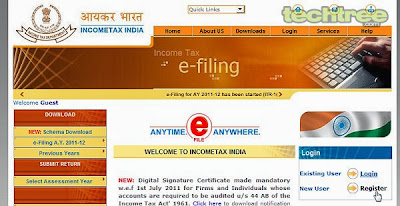
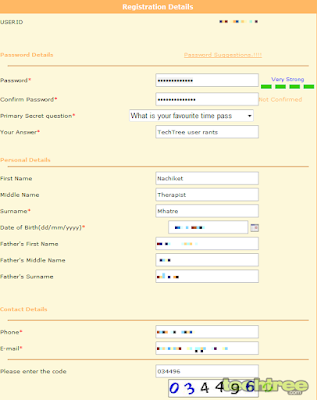
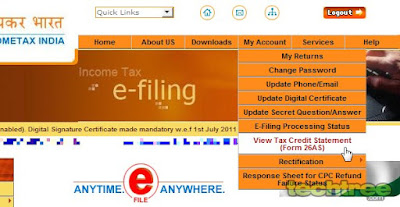
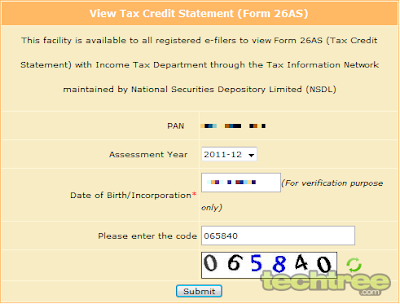
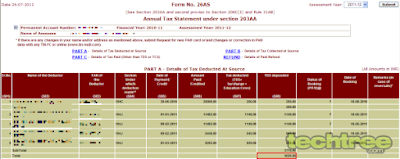
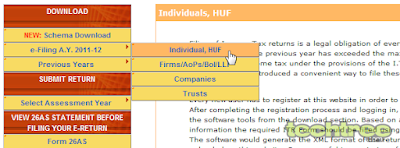
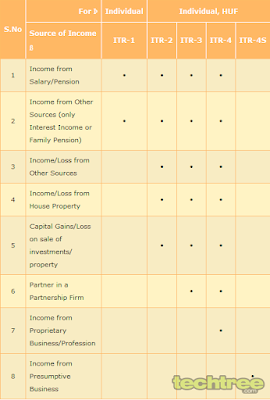
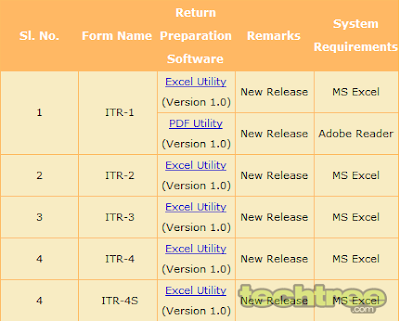
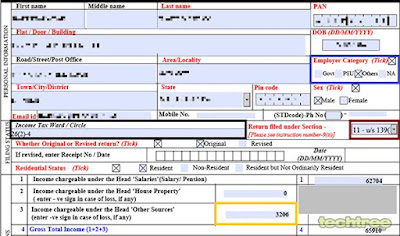

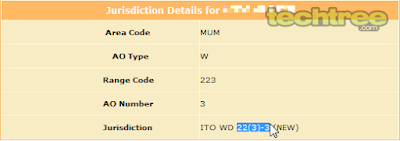

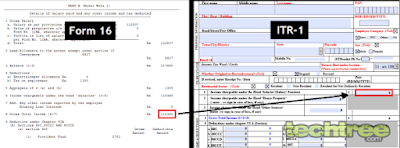
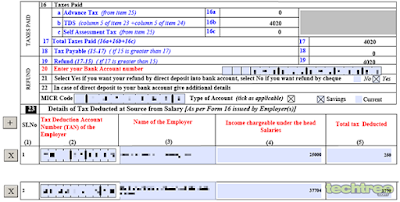
.png)
